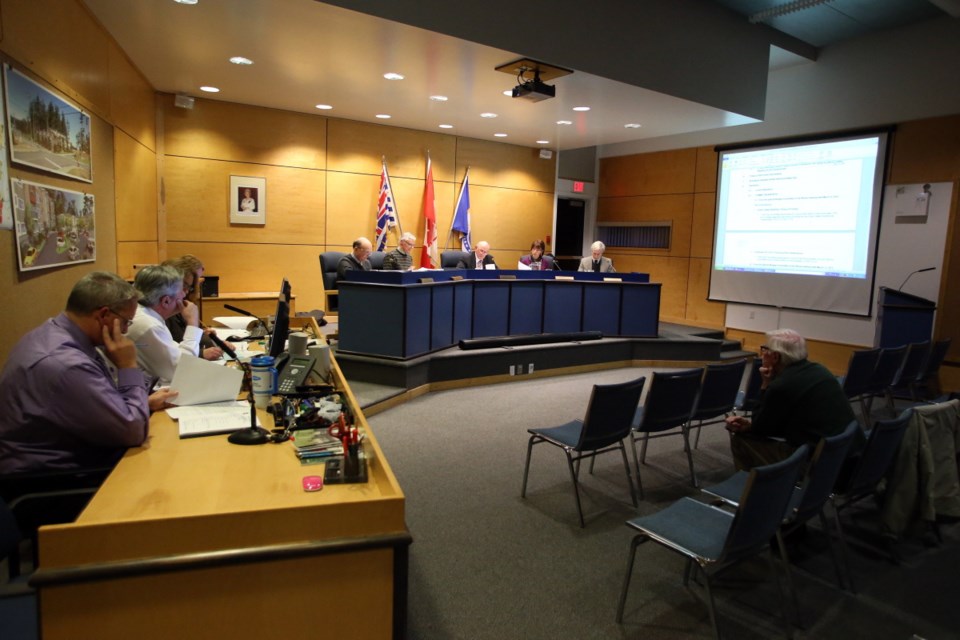To many, the idea of going to city hall to sit in on a municipal budget session has all the appeal of watching paint dry.
So it’s not surprising that Nanaimo city council’s recent successful foray into budget cyber-participation is attracting the interest of some local municipal politicians.
Last week’s e-town hall budget meeting — a first of its kind for Vancouver Island — was broadcast live from the Shaw Auditorium.
It gave Nanaimo residents the opportunity to address city councillors about the proposed municipal budget through social media such as Facebook and Twitter, by phone and in person, with real-time responses from both politicians and city staff.
“It’s fascinating,” Victoria Mayor Dean Fortin said of the concept, adding he’s had a couple of opportunities to participate in Internet-chat town halls through Twitter.
“Our budget consultations have been about getting out to where people are. All are good ways of doing that. We want to increase citizen engagement and we’re all looking for new ways to engage.”
Victoria is hoping to start live-streaming council and committee meetings in the near future, Fortin said.
“But of course, this [Nanaimo e-town hall] has the added element of the interaction. I’d be fascinated to know how they did it.”
View Royal Mayor Graham Hill said he would pass the idea along to his staff for their input, noting the objective is to engage as many people as possible. “It’s an interesting approach.”
Saanich Mayor Frank Leonard said it’s too late in the budget cycle to try an experiment like Nanaimo’s this year, but Saanich is “looking at all sorts of communication methods.”
“We’re doing a scan of best practices elsewhere,” he said. “It could be one of the options of how we could improve our engagement.”
Leonard said it’s no surprise that, typically, municipal budget sessions are sparsely attended at best. “It’s many, many hours of pretty dry stuff.”
By all accounts, however, the Nanaimo budget session was a success.
Municipal officials answered 24 questions in the 90-minute period and another 16 questions and comments were in the queue when time ran out. The plan is for councillors to address the unanswered questions in a report.
Victoria communications consultant Mat Wright said it’s not surprising that the e-town hall was popular, since people are getting more comfortable with communicating through all types of electronic platforms.
“That kind of technology has reached out to more and more of the public and across all demographics. So, it’s not just your 18- to 30-year-olds who are hot on this kind of stuff,” he said. “If you look at the rise of social media, still the fastest growing group — especially on Facebook — is age 35-plus.”
Wright was the architect of the first telephone town hall of its type in B.C. when he managed businessman Barry Hobbis’s campaign for Victoria council in a 2010 byelection.
Nanaimo has been a leader in streaming video from council and committee meetings, Wright said. Staff post video to YouTube in a user-friendly format, so viewers don’t have to watch endless hours of meetings to find the subject they are interested in.
“They figured out a way where you could have an archive with a list of links underneath about the topics. You just click on there and it goes directly to the section that the person might be interested in.”



